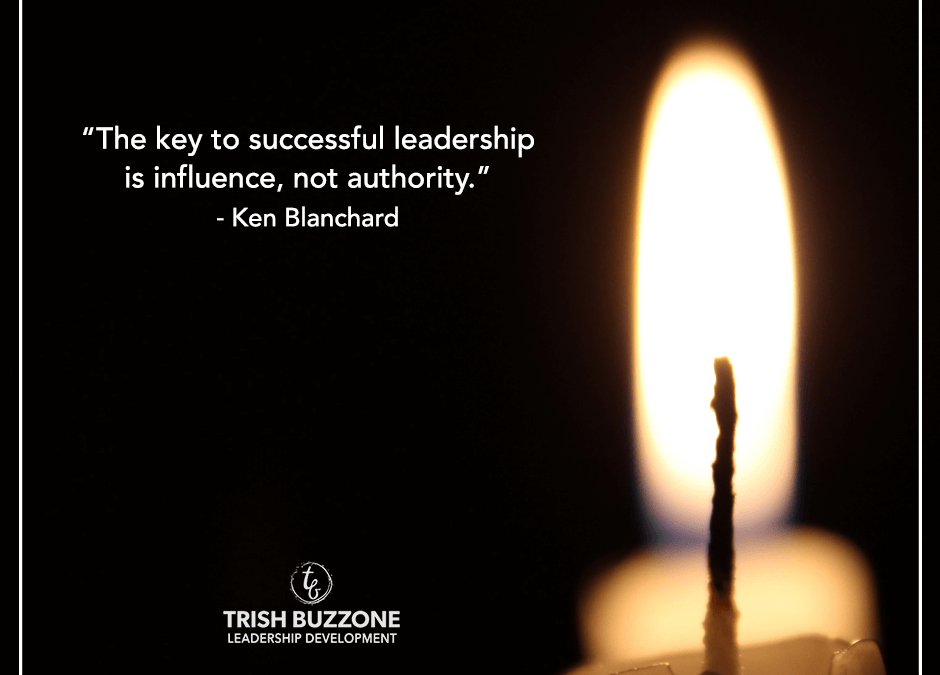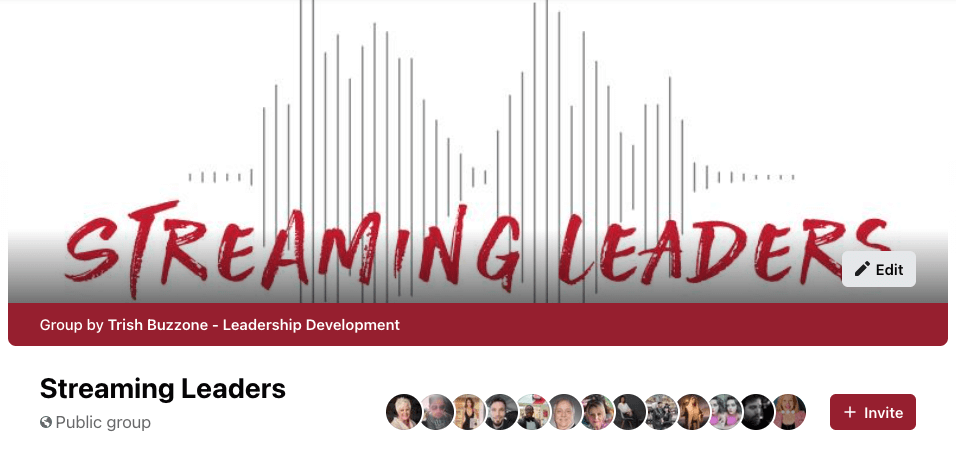In the modern classic Disney film, Remember the Titans, one of the most pivotal scenes involves two talented, influential rivals coming to loggerheads over who is responsible for spreading toxicity on their team.
When team captain Gerry Bertier confronts star player Julius Campbell, Gerry leads with what he perceives as the problem, Julius’ selfish lack of effort. Julius responds by shifting the blame, “I’m supposed to wear myself out for the team? What team? Nobody plays! I’m going to look out for myself…”
Campbell identifies a key factor undermining the health of the team. Unfortunately, Gerry has already made up his mind that Julius is the problem, so he’s not really listening. Gerry’s response is trite and dismissive, “See man, that’s the worst attitude I ever heard.”
Julius fires back, “Attitude reflects leadership, captain.”
The scene plays as a wake-up call for Bertier, however the underlying lesson is the moral lynchpin for the entire film: No matter who they are or where they are, everyone is responsible for how they invest their influence.
Gerry, as team captain, is recognized as a positional leader, yet Julius has at least as much influence as Gerry. Through the course of the film, both young men come to accept their individual responsibility, letting go of assumptions, learning to listen and to seek understanding as fundamental steps in becoming effective influencers. As these two leaders form a mutual respect and friendship, their positive, proactive influence becomes a key factor in the Titans’ success on and off the field.
Remember the Titans is a good reminder that leadership is all about influence, and that influence lives and works through multiple, interdependent streams in our local communities and in the world. The movie, as well as the true story it’s based on, explores how leadership in one stream of influence — Sports — is connected to and works in concert with the other seven streams: Arts, Business, Education, Faith & Family, Government, Healthcare, and Media.
As Gerry and Julius lead from where they are, their influence sparks growth in their entire community. Their leader shift creates a ripple effect touching all the streams of influence in their community: challenging schools and governments to shift, motivating their coaches, inspiring their neighbors, their classmates, and their local faith communities to rally together. At the hospital, after Gerry is injured, Julius comes to see him. A nurse tries to make him leave, saying only family is allowed. Gerry intervenes. Despite their obvious differences and their previous conflicts, he sees Julius as his brother, and Gerry expects others to embrace this vision. That moment is a snapshot of the cultural, emotional, and transformational shift happening in the entire town.
It takes all of these diverse streams of influence coming together, challenging, supporting, and encouraging each other, to make any community strong and healthy. When we are intentional about adding value to people in the stream of influence that resonates most with our vision and values, that transfer of positive energy makes everyone around us better.
And, while each of us has a primary stream of influence in which we’re most comfortable, we do not have to wait to be in the “right place” with the “right title” to be an effective influencer. When we choose to add value to people right where we are, other leaders in our sphere of influence are drawn to that energy, motivated by it, and that community is made better because of it. That dynamic transfer of energy, motivation, and influence is how and why everything rises and falls on leadership.
A version of this article was originally published in the October 2020 issue of Sandpoint Living Local / Coeur d’Alene Living Local.
How one small shift can cause a breakthrough: A Case Study
Communication problems are one of the greatest causes of poor morale, lack of productivity and failure with any team. When a leader models intentional listening, that shift will inspire their team to follow that lead, increasing that team’s capacity for success with...
How Autocratic Leaders Kill Communication: A Case Study
Good leaders understand the necessity of healthy lines of communication with their team. Sometimes, though, we get in our own way, stifling what might otherwise be a dynamic environment. Why does this happen, and how would a shift in thinking lead to better...
My Friend Deepak: A story about lost opportunities and second chances
All of us have disappointed ourselves, fallen short of a goal or made a promise we didn’t keep. While we all need to do our best to walk in integrity, sometimes we are too slow to let go of our failures. Too slow to set them down and carry only the lessons learned...
From autocrat to influencer: making the shift
As a leader, is it more important to get things done, or to develop a group of people who get things done? Our initial answer to this question says a lot about which method of leadership we tend to prefer: autocratic or influential. In a previous article, we looked at...
Pitfalls of an autocratic approach: A real world case study
What’s the best approach to leadership? Is there a time when being an autocrat is better than being an influencer? Sooner or later, every leader will need to address these questions. Is there an answer that applies to every situation, or are there exceptions? Good...
Why influential leaders inspire questions instead of answering them
You see it in kung fu movies, science fiction sagas and old-fashioned hero quests. The young adventurer encounters the wizened sage, hoping to receive answers to the questions that launched him on his quest. After a moment of bemused silence, the sage responds to the...









0 Comments